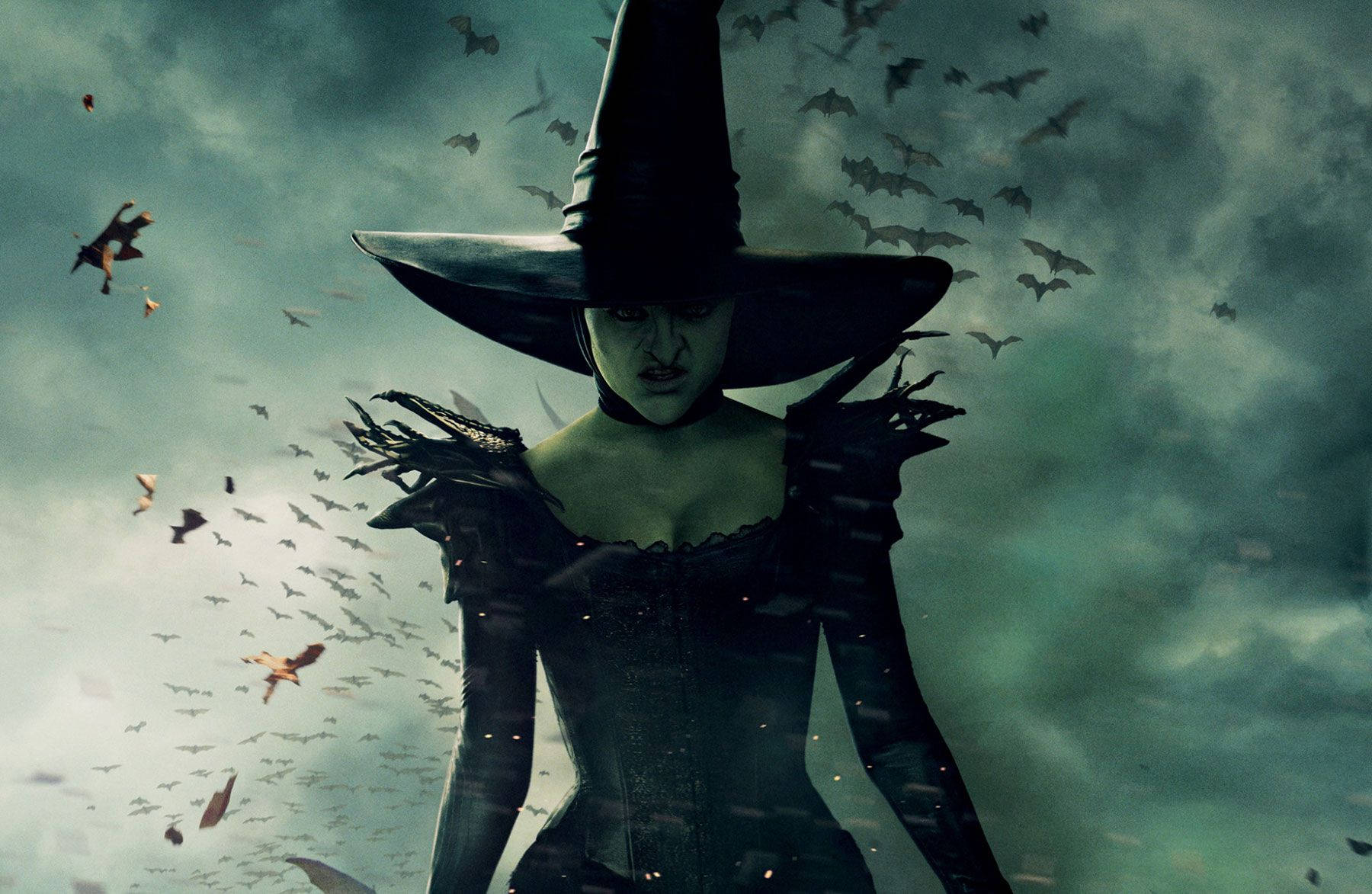
FAQ About Magic in the Middle Ages
Magic in the Middle Ages
2 years ago | gizem
How did medieval scholars differentiate between magic and natural science?
In medieval times, the boundaries between magic and natural science were not as distinct as they are in modern times. The differentiation between the two was complex and influenced by various factors, including religious beliefs, philosophical perspectives, cultural norms, and the prevailing understanding of the natural world. Here are some ways medieval scholars attempted to differentiate between magic and natural science:
- Source of Knowledge: Medieval scholars often distinguished between the sources of knowledge for magic and natural science. Natural science was seen as relying on observation, reason, and empirical evidence to understand the natural world. In contrast, magic was often associated with hidden or occult knowledge, believed to be derived from supernatural or mystical sources.
- Intent and Purpose: Scholars looked at the intent and purpose behind the practices. Natural science was generally seen as seeking to understand and harness the laws of nature for practical or theoretical purposes. In contrast, magic was often perceived as seeking to manipulate or control supernatural forces for personal gain or to achieve supernatural effects.
- Legitimacy and Acceptance: Medieval scholars tended to view natural science as a legitimate field of study within the boundaries of the Church's teachings. Scholars who pursued natural philosophy (a precursor to modern natural sciences) were generally regarded with more respect and were less likely to face accusations of heresy compared to those involved in magical practices.
- Church Approval: Some medieval scholars sought to reconcile certain aspects of magic with Christian teachings and Church doctrine to gain greater acceptance for their studies. They attempted to show that certain magical practices were not in conflict with religious beliefs and could be practiced within a Christian framework.
- Categorization of Practices: Scholars often categorized various practices based on their perceived legitimacy and alignment with natural laws. Natural sciences, like alchemy, astrology, and medicine, were sometimes considered acceptable if they were perceived to have a scientific basis or were consistent with the principles of natural philosophy.
- Influence of Ancient Traditions: The medieval scholars' view of magic and natural science was also influenced by their knowledge of ancient Greek and Roman works. Some ancient texts, such as those of Hermes Trismegistus or Pythagoras, were considered sources of esoteric knowledge and influenced both magical and scientific traditions.
